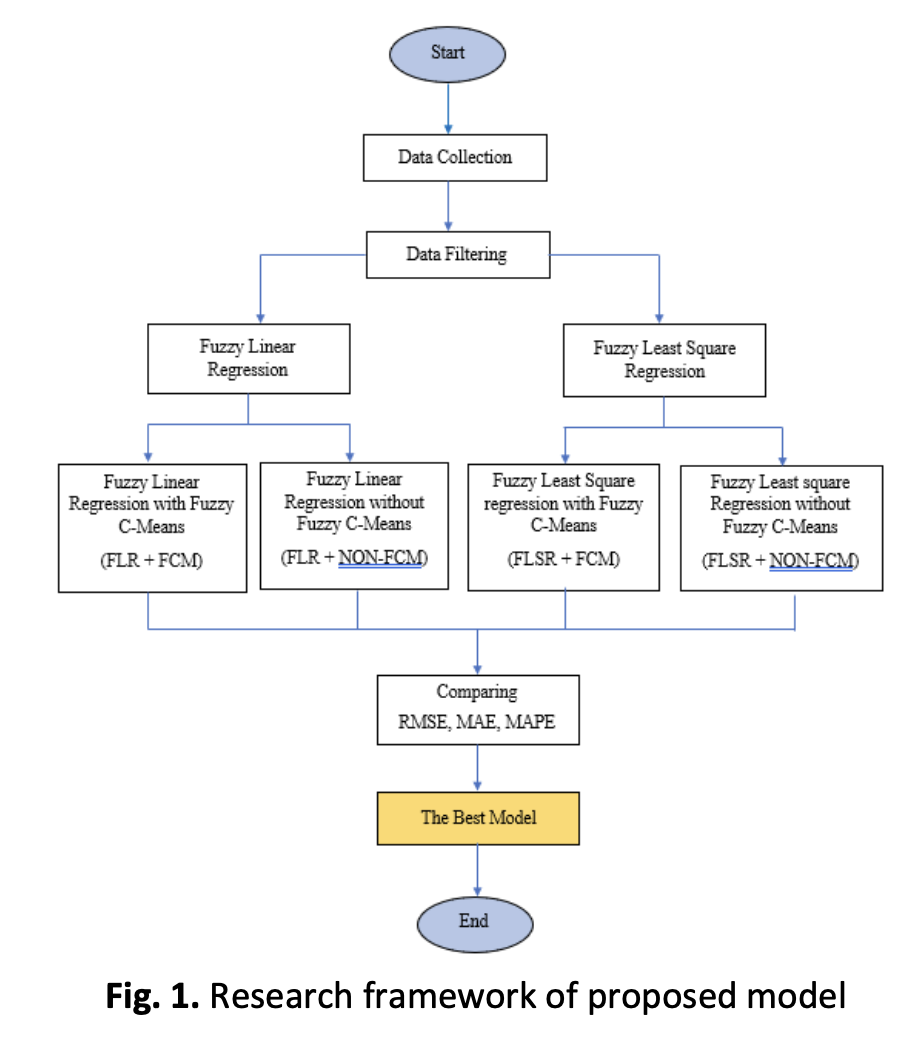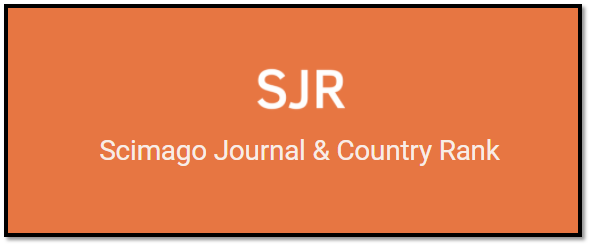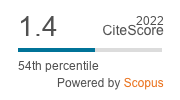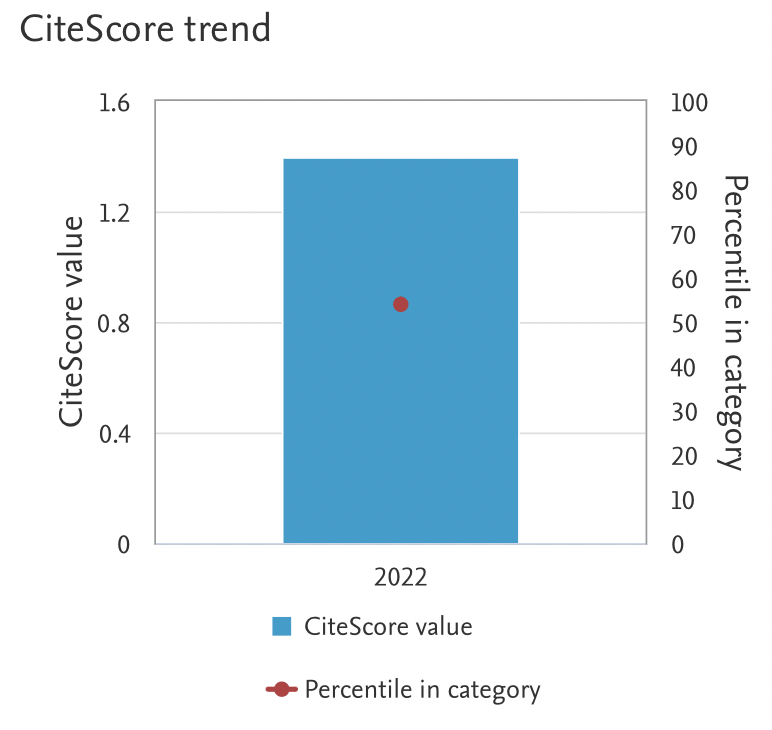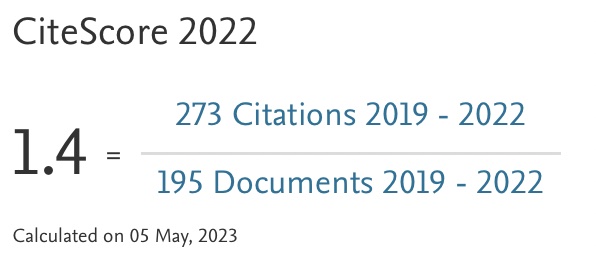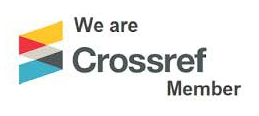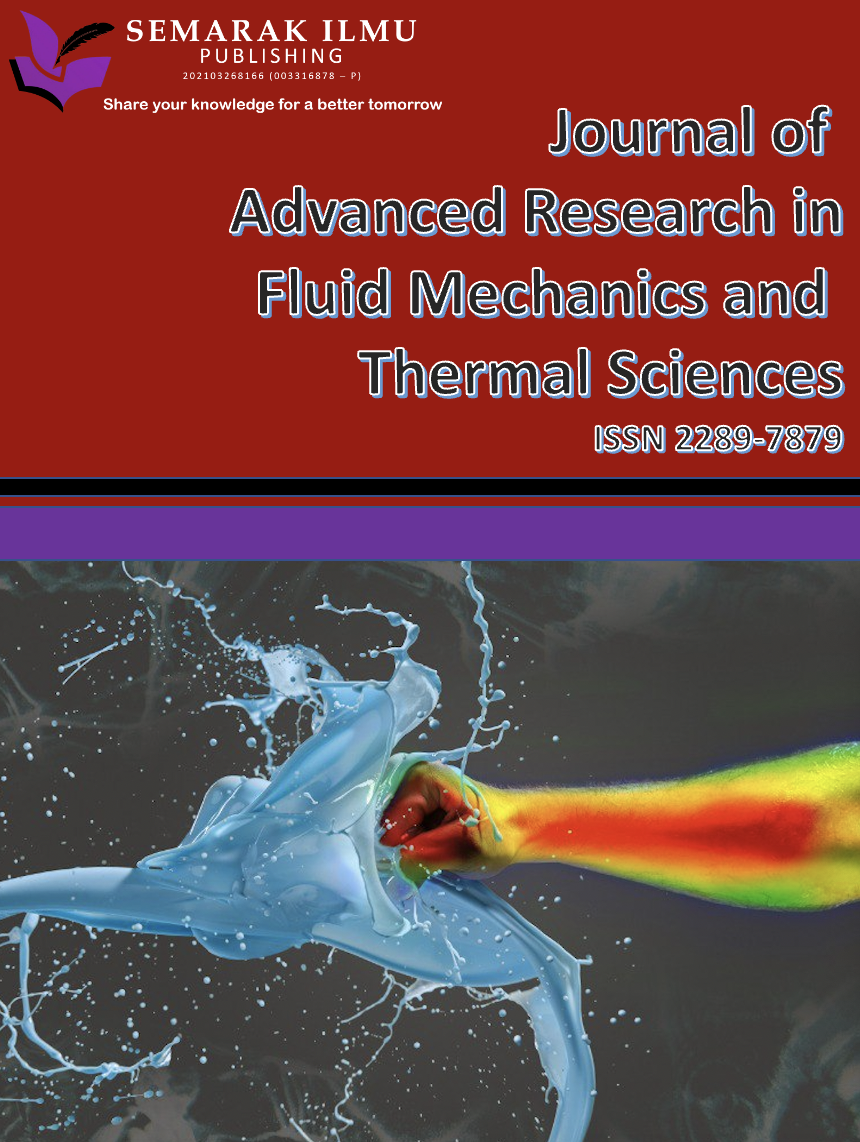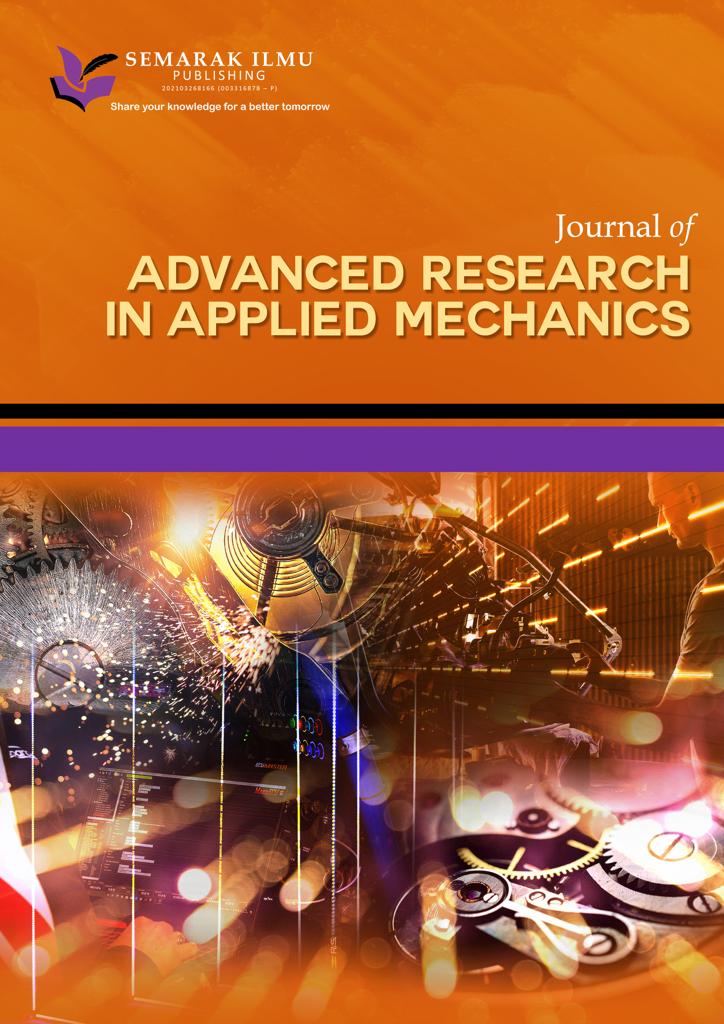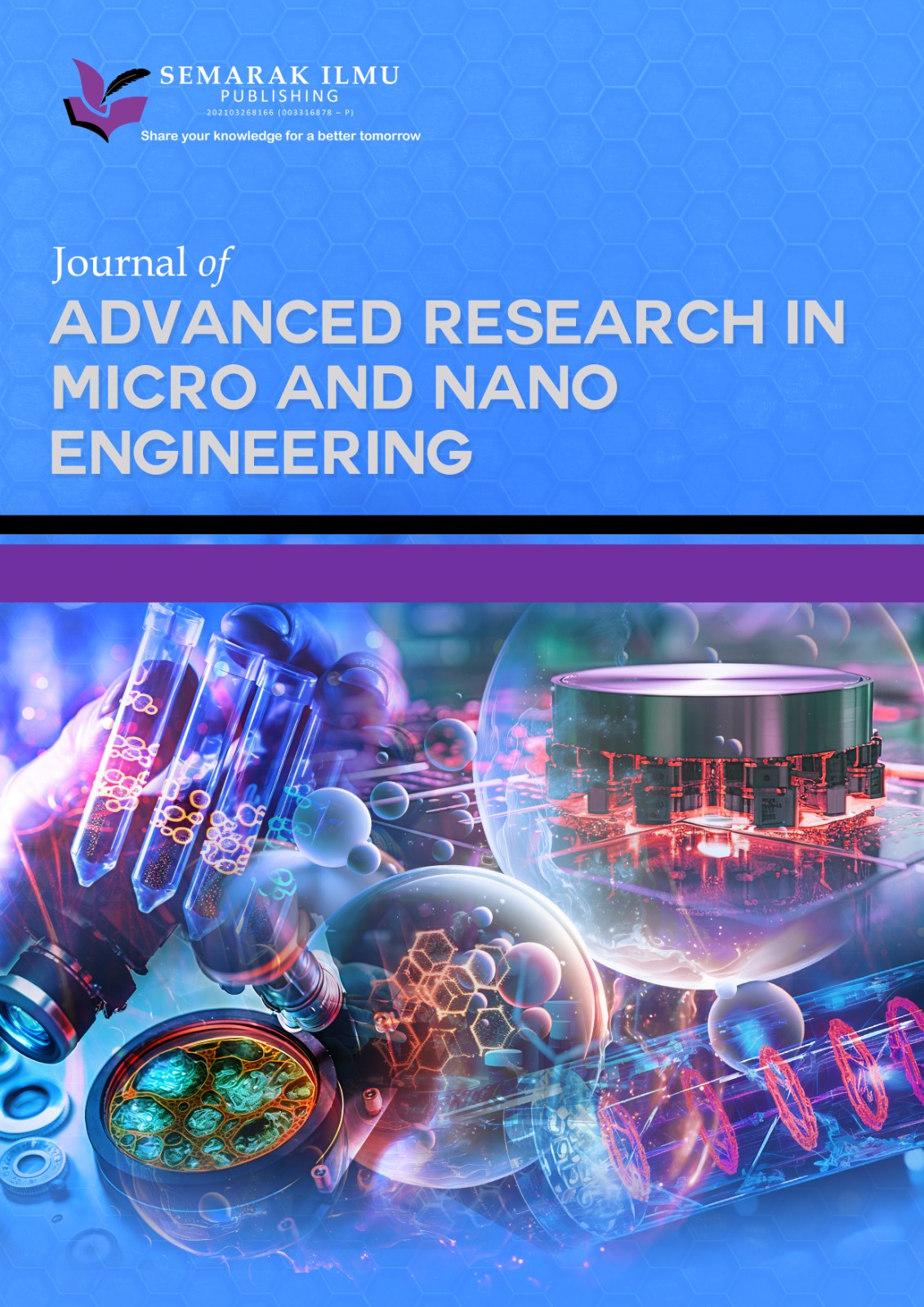The Comparison of Fuzzy Regression Approaches with and without Clustering Method in Predicting Manufacturing Income
DOI:
https://doi.org/10.37934/araset.46.1.218236Keywords:
Fuzzy linear regression, Fuzzy least square regression, Fuzzy C-means, Manufacturing income, Root mean square errorAbstract
In the manufacturing area, predicting future income is more important to keep maintain their industry profits. In addition to this, most of the manufacturing company having a bit problem in predicting their manufacturing income, especially in terms of data and method used. Hence, this paper proposed another improvise method of fuzzy regression approach with and without clustering method for uses of predicting manufacturing income. Then, one of the widely uses of statistical analysis are fuzzy regression approach such as fuzzy linear regression (FLR) and fuzzy least squares regression (FLSR). Furthermore, clustering is one of the most common methods for grouping data based on its similarity. Apart from this, fuzzy c-means (FCM) recognised as the best clustering method. This study's model was evaluated by three measurements errors: root mean square error (RMSE), mean absolute error (MAE), and mean absolute percentage error (MAPE). Based on numerical calculations, it was determined that the proposed fuzzy least square regression with fuzzy c-means clustering model is superior to others, with RMSE = 59756.78229, MAE = 2948.616554, and MAPE = 13.34916083. Therefore, this model indicates as the robust method and suitable use for prediction analysis, especially in handling uncertain and imprecise data.
